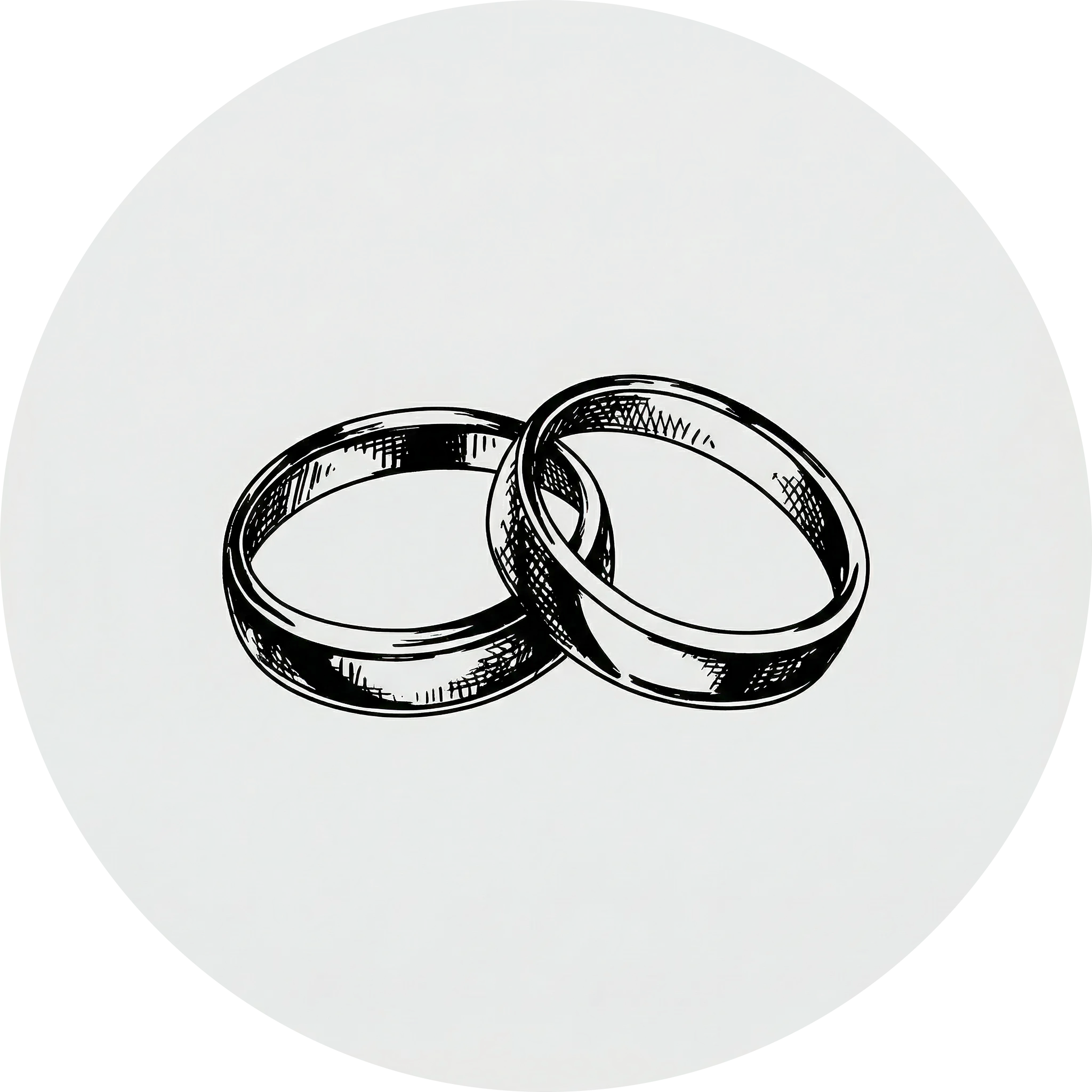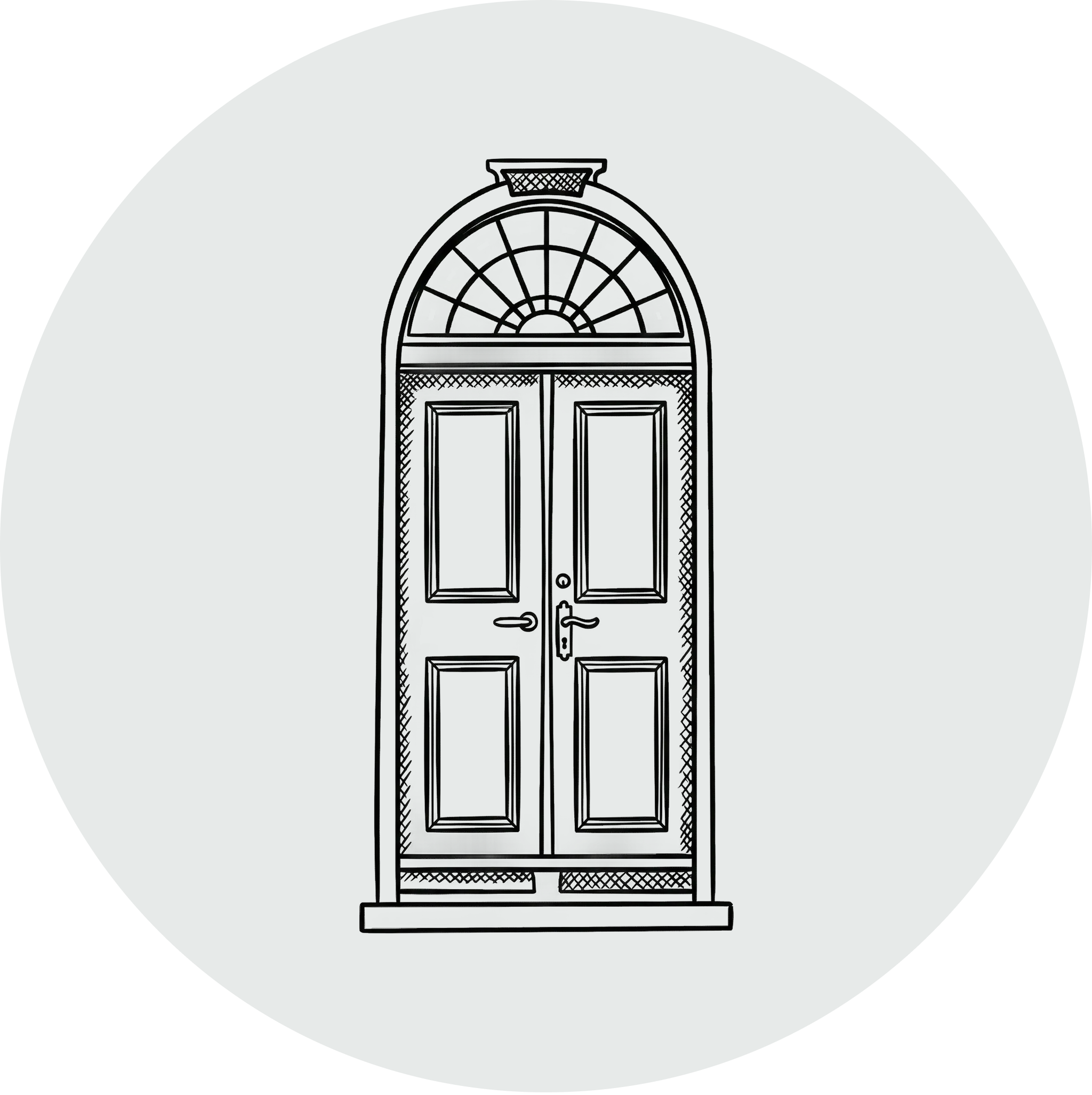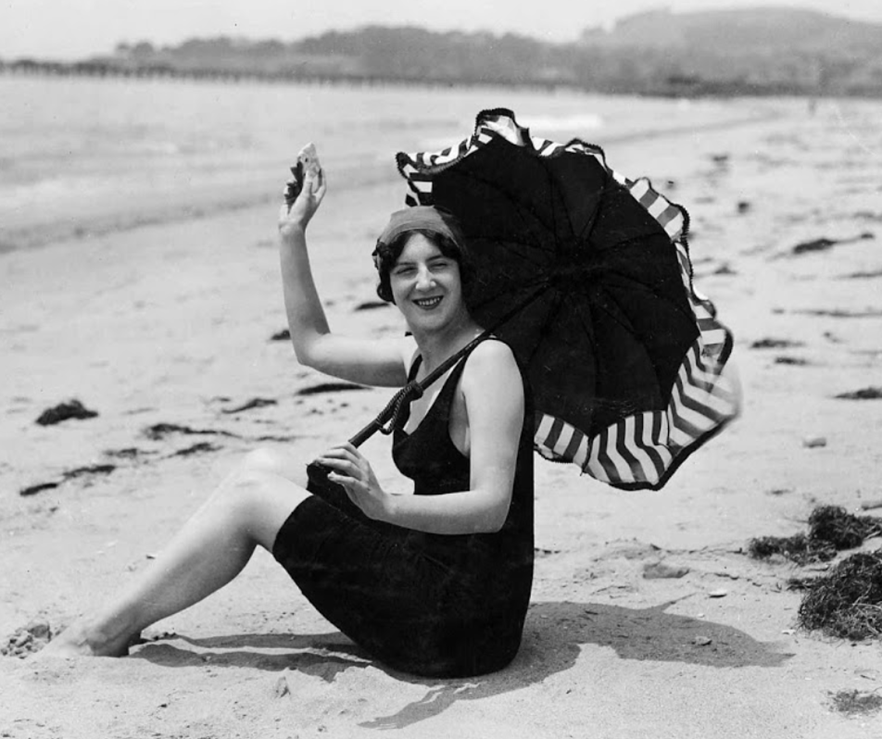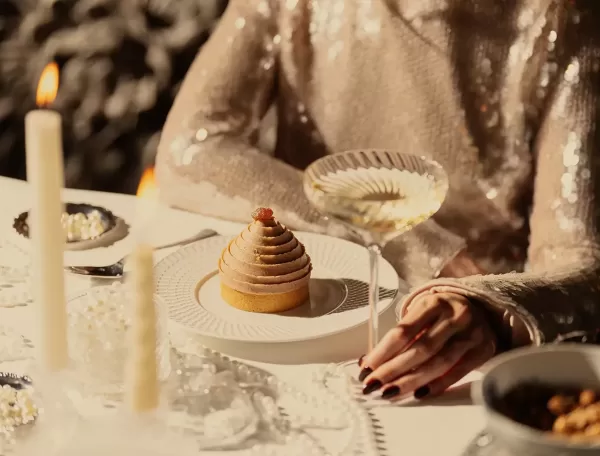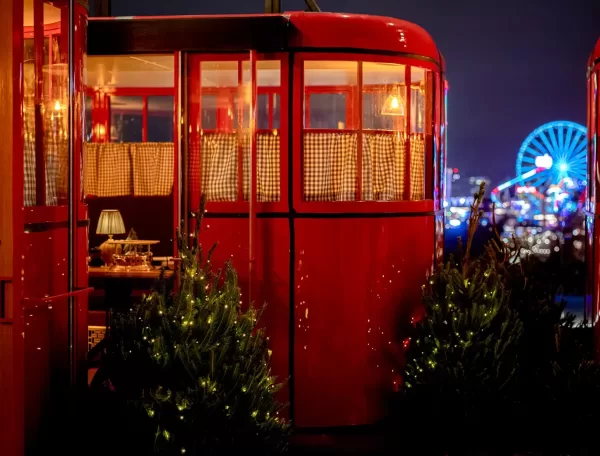How did one woman come to captivate so many? In the early 1900s, Munson—an artist’s model, actress, and writer—was a household name in the United States, lauded by many as the ‘American Venus’ or the ‘Perfect Woman’.
Audrey Marie Munson may not be an instantly recognisable name, but if you look closer at the statues dotted around Manhattan, you’ll start to see a familiar face. Her soft beauty and lithe form feature in sculptures, memorials and buildings across the city.
Munson’s figure has been immortalised in 12 statues across New York, while another 30 likenesses are on show at the Metropolitan Museum of Modern Art.
You can glimpse her majestically poised atop the Manhattan Municipal building or spot her curtseying in the Pulitzer Fountain outside the Plaza Hotel and spy her nestled in the pediment of the Frick Collection building on the Upper East Side.
Munson’s career as an artist’s muse began when she moved to New York with her recently divorced mother in 1909. She was 17 and enrolled in music school with the hope of becoming an actress, but Munson was spotted on the street by photographer Felix Benedict Herzog.
Identifying her classic beauty and ease in front of the camera, the photographer introduced Munson to sculptor Isidore Conti who said he would only work with her if she posed in the “altogether” or, in other words, nude.
It was this partnership that acted as the launchpad for Munson’s career as she went on to meet more artists, sitting for them and gaining more popularity as a model from studio to studio. Gradually her likeness started appearing all around New York, earning her the status of ‘Miss Manhattan’.
From sculpture to sculpture, her form differs; certain artists perceived Munson as slender whereas others reimagined her as a slightly fuller figure. What remains, however, is her apparent poise and identifiable facial expressions.
“She had a way of posing that would evoke a mood and she had the ability to translate a feeling into her body language,” says Avery Trufelman, author of the podcast episode Miss Manhattan (part of the series 99% Invisible).
Munson also could hold poses for hours at a time, and while doing so, would get to know the temperament and technique of each artist she modelled for.
Despite having to stay still for most of the day, Munson was by no means passive in her approach to work, and she saw her role as collaborative – taking an active interest in the previous creations of artists to inform the way she modelled. As Munson said: “Every model who is a real success must study the work of the person she is with.”
“This unique skill set earned her a decent salary; she made about $35 per week (about $800 today),” says artist, and author behind The Audrey Munson Project, Andrea Geyer. Once she even gave a day’s pay to the suffragist movement, showing she was a confident, independent woman who took professional success in her stride.
Following the 1915 International Exposition in San Francisco, Munson decided to become an actress. Her on-screen career was short-lived, however: she was repeatedly cast as a still-life model and was even given an acting double in some films to ensure she remained in non-moving roles. Rather tellingly, and unfairly, she became best known for being the first actress to appear nude in a movie (1915’s Inspiration), rather than for her essential role in the creative process, and her work as an advocate for the rights of creative women.
Munson’s refusal to be a silent partner in the artistic process surfaced in other media, too. In 1921, she wrote some 20 articles about her life and work for the popular magazine The New York American, a Hearst publication, in which she emphasised the collaborative nature of the artistic process and the important role of the model. She also revealed salary discrepancies between women and men and touched on the inherent sexism of the art world.
Despite her failed attempt to break into the film-making industry, Munson’s modelling career survived. That was until she got tangled in a murder scandal between a delusional neighbour, who killed his wife so that (in his mind) he could be with Munson. She didn’t have any involvement in the crime but as a result, fell out of favour as a model.
Then another incident, which took place in 1922, bore a striking resemblance to those emerging most recently in the wake of the #MeToo movement. As Munson herself explained, a powerful Broadway producer (whom she never named) entered her dressing room during the production of a play called The Fashion Show. He made sexual advances, which she vehemently rebuffed, stating: “Your touch is repulsive to me. I would rather have a snake crawl over me than to feel your hand upon me.” A few days later, Munson learned that the play was to close without explanation and from then on, she struggled to find any kind of acting work too.
Eventually, she decided to leave New York City and move in with her mother in a small town upstate. Depressed, Munson attempted suicide by drinking poison. This was the final nail in the coffin for her mother who couldn’t support her daughter any longer, and so on her 40th birthday in 1931, Munson was admitted to the Lawrence State Hospital for the Insane in Ogdensburg, NY State.
Here, she lived out the rest of her days, until her death in 1996, aged 104. As she had predicted, it would be years until she was recognised for her contributions. She was buried in an unmarked grave - ironic given that her body is so frequently rendered in stone and gold as a symbol of feminine beauty. Food for thought indeed.
To make the most of cultural highlights and events in New York and cities across the US, contact our NYC office at [email protected]
Miss Manhattan’s New York City
Want to see Audrey Munson in real life? Here’s where to find her…
‘Alma Mater’, Low Memorial Library
Interpreted in bronze, Munson sits regally in the guise of Alma Mater, sculpted by Daniel Chester French.
Broadway & 116th St
‘Memory’, Straus Square
Built in memory of Isidor and Ida Straus, who were lost at sea in the Titanic disaster, Munson is depicted as a reclining female figure of Memory.
West End Ave. &, W 107th St
Fireman’s Memorial
Every year, a ceremony is held at the memorial sculpted by Attilio Piccirilli to honour the memory of firefighters who’ve died protecting the city.
West 100th St, Riverside Dr
‘Memory’, The Metropolitan Museum Of Modern Art
Originally sculpted by Daniel Chester French, Munson was later reimagined in marble by the Piccirilli brothers.
1000 5th Ave
Entrance Hall, Frick House
Sculpted by Sherry Fry, the figure seen in the porte-cochère of the Frick Collection features a reclining nude, modelled here by Munson.
1 East 70th St
Uss Maine Monument, Central Park
The centrepiece atop the pylon built in memory of soldiers who were killed aboard USS Maine when the ship exploded in Havana harbour depicts Munson in a gilded seashell chariot.
West 59th St
Pulitzer Fountain
Named after the publisher Joseph Pulitzer, the curtseying model in the centre of the fountain is Munson as Pomona, the goddess of abundance. Grand Army Plaza, 59th St and Fifth Ave
‘Beauty’, New York Public Library
Frederick MacMonnies depicted Munson as ‘Beauty’ for the entrance of one of the city’s most iconic landmarks.
5th Ave at 42nd St
'Spirit Of Commerce', Manhattan Bridge
Sculpted by Carl A Heber, the granite statues on the north and south pylons of Manhattan Bridge represent the Spirit of Commerce and Spirit of Industry.
Manhattan Bridge & Canal St
‘Civic Fame’, Manhattan Municipal Building
Munson posed for the figure seen gracefully standing barefoot upon a globe 177m above street level.
1 Centre St
To make the most of cultural highlights and events in New York and cities across the US, contact our NYC office at [email protected]
